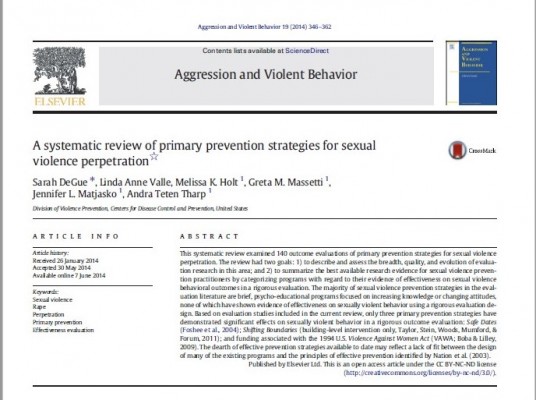Resources Library: Multidisciplinary
Start a Search:
Supporting Multilingual and Bicultural Rural Advocates
Rural dual/multi-service advocacy programs that are able to provide culturally and linguistically appropriate services to sexual violence survivors make services for all rural survivors more inclusive and accessible. Multilingual and bicultural advocates are an important part of rural agencies being able to provide these culturally and linguistically appropriate services. A multilingual advocate is someone who can understand and speak more than one language. Often, multilingual advocates are bicultural as well. A bicultural advocate is someone who balances the cultural attitudes and customs of two countries or ethnic groups, usually someone who has moved to the United States from another country or someone whose parents moved to the United States from another country. Advocacy programs often struggle to find, hire, and retain multilingual and bicultural rural advocates. This is why it is important to understand who these advocates are, where they come from, and how we can create a supportive work environment for them. This paper is intended for rural dual/multi-service agencies looking for suggestions on how they can support multilingual and bicultural rural advocates.
Supporting Survivors of Abuse with Disabilities
Here are five modules designed for domestic violence and sexual assault service providers to learn how they can enhance their services for people with disabilities. CEU's are available.
These modules were created by the I-CAN! Accessibility Project. The I-CAN! Accessibility Project is a collaboration between the Virginia Commonwealth University School of Social Work and the Partnership for People with Disabilities.
Visit https://sites.google.com/vcu.edu/abusesurvivorswithdisabilities/home to access these resources.
Systematic Review of Primary Prevention Strategies for Sexual Violence Perpetration

This systematic review from 2014 had two goals related to looking at primary prevention strategies for sexual violence: 1) to describe and assess the breadth, quality, and evolution of evaluation
research in this area; and 2) to summarize the best available research evidence for sexual violence prevention practitioners by categorizing programs with regard to their evidence of effectiveness on sexual violence behavioral outcomes in a rigorous evaluation.
The study found 3 strategies that had significant effects on sexually violent behavior in a rigorous outcome evaluation: Safe Dates (Foshee et al., 2004); Shifting Boundaries (building-level intervention only, Taylor, Stein, Woods, Mumford, & Forum, 2011); and funding associated with the 1994 U.S. Violence Against Women Act (VAWA; Boba & Lilley, 2009).
Tech Abuse: Information from the Field Survey Findings from the Conference on Crimes Against Women
NNEDV surveyed over 300 conference attendees on what types of technology misuse survivors are reporting, the number of cases their agency sees of technology misuse, and their agency’s ability to respond to survivor’s technology concerns. This report shows their findings.
Tech Talk: Demystifying AI and the Risks it Poses to Survivors of Domestic Violence
The Safety Net team at the National Network to End Domestic Violence (NNEDV) is excited to announce their latest Tech Talk!
In recent years, there have been many advances in artificial intelligence (AI). Highly-capable AI-powered technologies are now easier to access and use by the general audience. In the context of domestic violence, this means a perpetrator has more tools to impersonate and cause harm to a survivor. In this Tech Talk, presenters will clarify some misconceptions surrounding AI and domestic violence, explain the risks AI poses to survivors of domestic violence, and what they can do to mitigate these risks.
This talk is available in English and Spanish.

